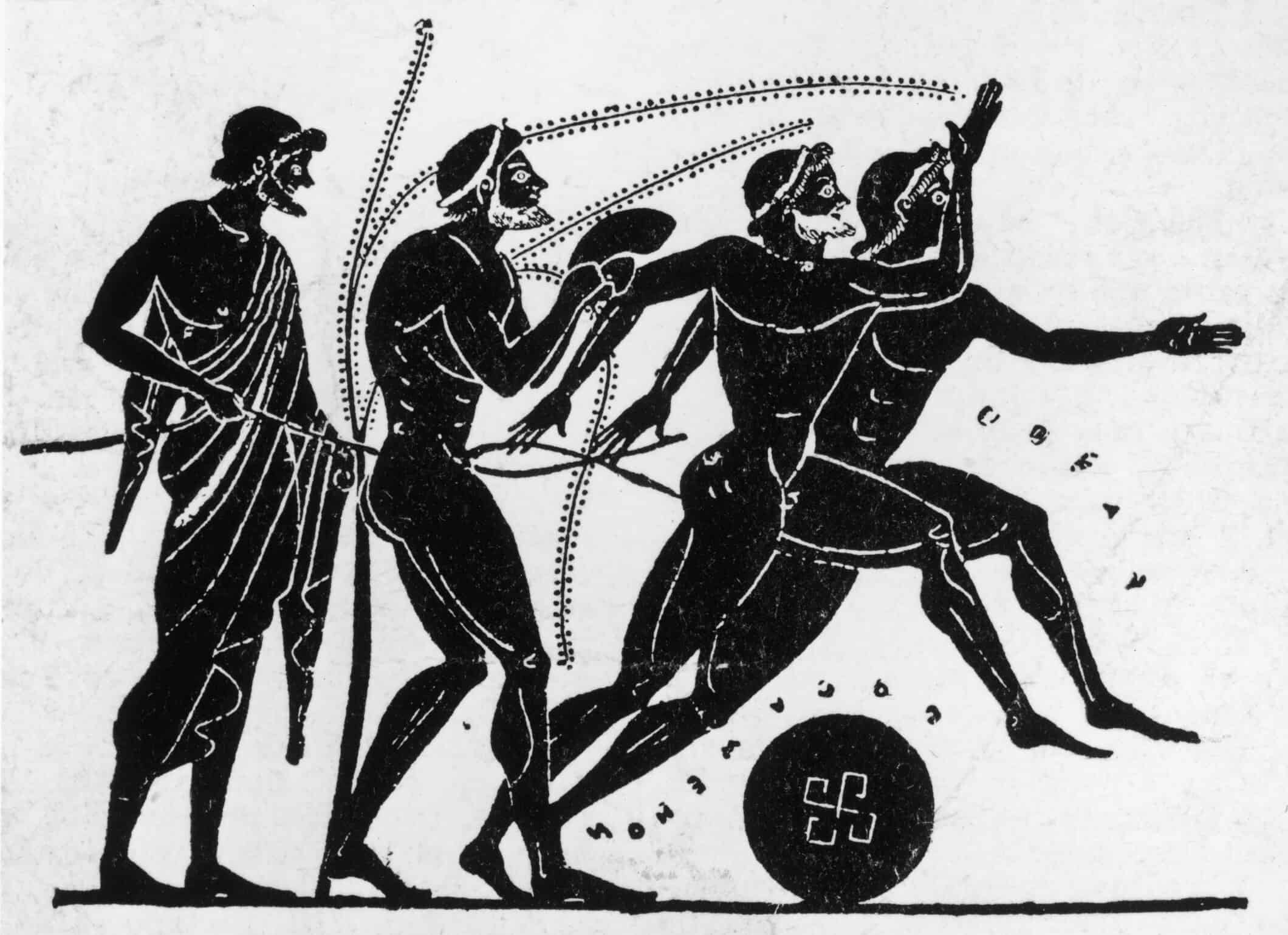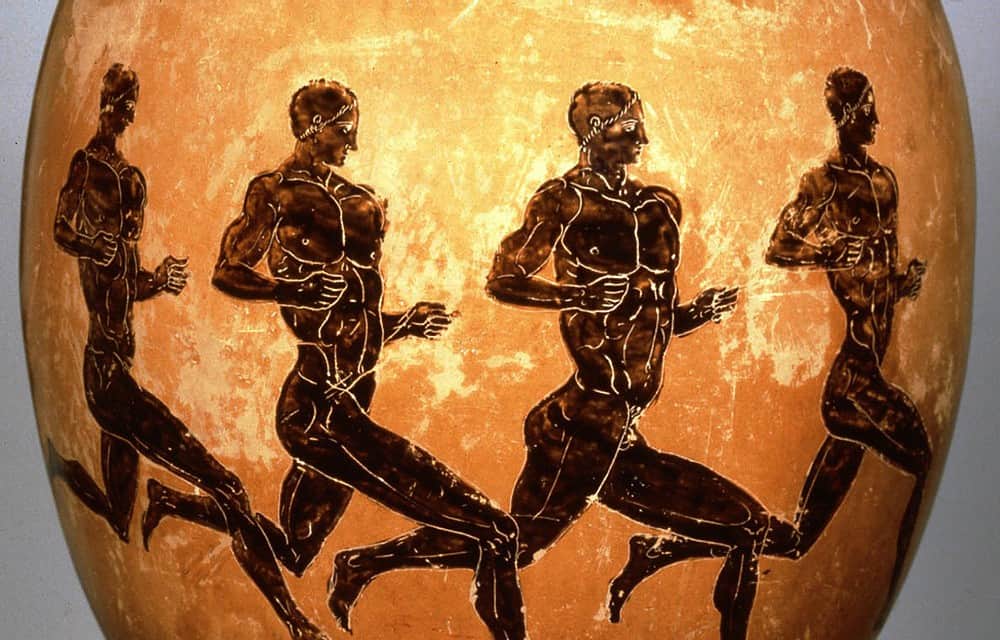The ancient Greeks were the overachieving child of Western civilization. Their contributions to and long-lasting impact on the arts, letters, philosophy, and sundry fields were so disproportionate to their small population, that all who came after them suffer by comparison. Take athletic competitions: they existed before the ancient Greeks, but they were ad hoc one-off events, usually limited to aristocrats and the upper classes. It was the ancient Greeks whose Olympic Games introduced the concept of regularly-held competitions, with participation open to the masses. Following are thirty things about those Olympic Games and other fascinating ancient Greek facts.

30. The Ancient Greeks Pioneered Regularly-Held Athletic Competitions With Widespread Participation
The ancient world was no stranger to athletic events, and athletic scenes can be seen on the walls of tombs, temples, and palaces of various civilizations such as the Mesopotamians, Egyptians, Minoans, and Mycenaeans. The Minoans for example were really into gymnastics, and they depicted such events, plus bull vaulting, boxing, running, and wrestling, on graceful frescoes. However, those events were usually one-offs and were mostly for royalty, aristocrats, and the upper classes. The ancient Greeks were the first to hold regular athletic competitions, open to all freeborn Greek men. Women could enter chariot races by proxy by sponsoring a team, but could not personally participate.

The Olympic Games were first held in 776 BC at Olympia, in the city-state of Elis, to honor Zeus. They were one of the four Panhellenic Games, although the most prestigious one. The others were the Pythian Games, held at Delphi in honor of Apollo; the Nemean Games held at Nemea, in honor of Zeus and Heracles; and the Isthmian Games, held in the Isthmus of Corinth, in honor of Poseidon. Olympic Games were held for over a thousand years, with the last recorded competition in 393 AD. However, archaeological evidence indicates that some games might have been held after that date.

